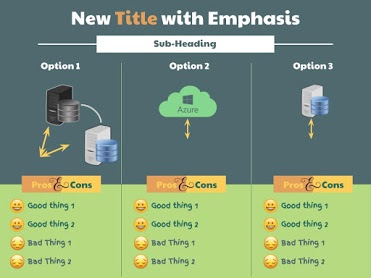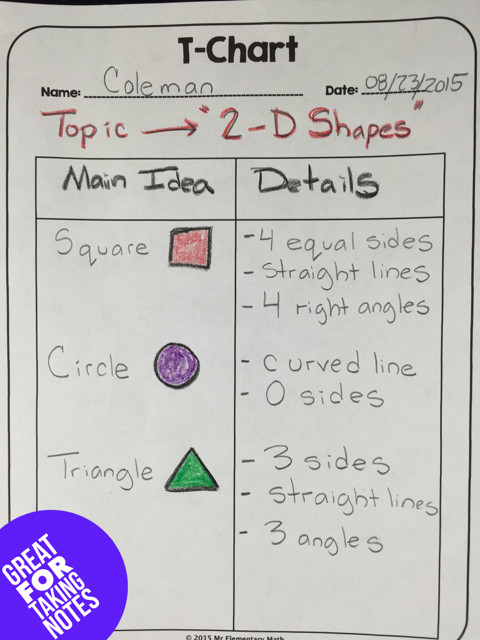Google-izing the 5E Lesson Plan Model
The 5E Lesson Plan model has five components. Those components appear below. With these, you will see specific examples of Google Suites for Education tools.1- Engage
Boredom in schools has a dire effect on learning. Bored students perform less well on tests (Source). In one research study, over half of students defined their school experience as boring. The 5E Lesson seeks to engage students so that they will retain learning. How can you accomplish this with G Suite tools?
One approach involves creating virtual field trips. Rather than giving students a textbook map, have them make one. Students can use Google Tour Builder to create an interactive journey. See this example for language learning combined with history.
Another approach may involve having students craft their own infographics. View this social studies infographic that captures the essence of infographics in schools. You can see many more examples of Tony Vincent's #classygraphics online.
2- Explore
Once you engage students in learning, make time for independent and group exploration of the topic. This allows them to develop and pursue interests grounded in the topic. Explore topics in such a way that students must figure things out without all the details being filled in for them. In PBL, this is known as presenting students with an ill-structured problem.When using G Suites for Education tools, use the new Google Sites to create a digital breakout. Why does this approach work? It challenges students to pay close attention to details that lead them to create their own gestalt of the topic. The mind, psychologists say, has "an innate disposition to perceive patterns." Not sure how to create your own digital breakout with Google tools? See this list of resources.

Get the editable version of this via David McGeary
Another way to use G Suites is to create a digital choice board or multimedia text set (MMTS). Find ample examples of both online.
3- Explain
Students have had the chance to be engaged. They have explored the topic in detail, so now you can start to share your expertise with them. One way to scaffold student learning has them creating a T-chart to help them examine two aspects of an object, situation, or event. This allows them to compare diverse ideas.
Image Source: Frazier Statue
You can create T-charts in Google Slides, Google Docs, or Google Drawings. Find other chart templates here.
4- Elaborate
Learners may often need to revisit a topic from a different angle. Using differentiation techniques, you can empower students to dig deeper. The purpose of the focused hyperdoc is to allow students to explore a topic from various angles. For example, elaboration may involve enriching or extending a lesson. For other students, revisiting an activity at a slower pace with more teacher support may be needed.One simple approach involves a focused hyperdoc. You can create a hyperdoc that either extends, enriches, or scaffolds student learning. Rather than create a detailed hyperdoc, use one of the simpler templates available in Google Docs.
No comments:
Post a Comment